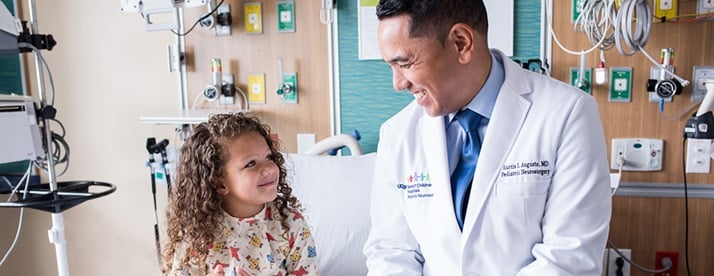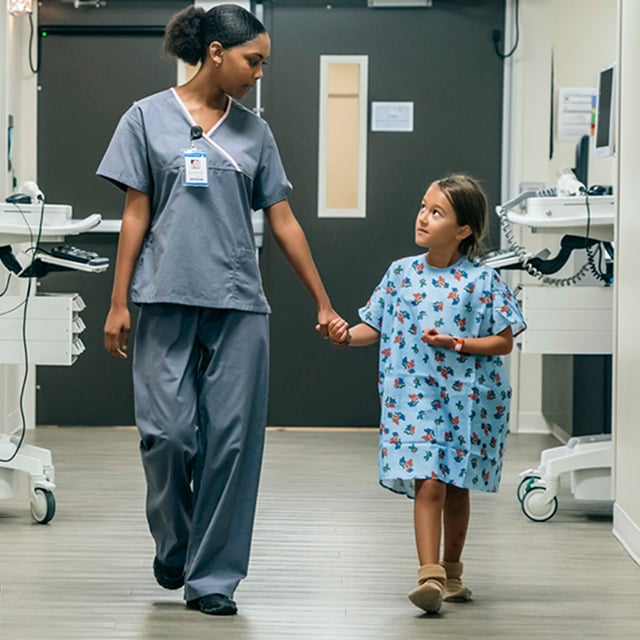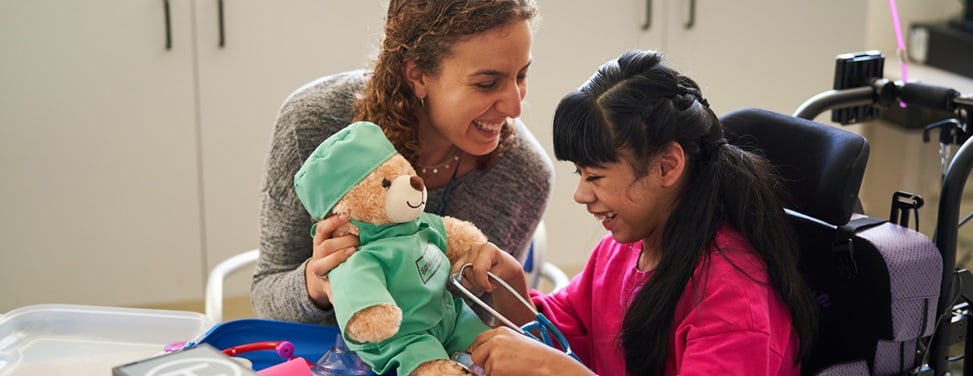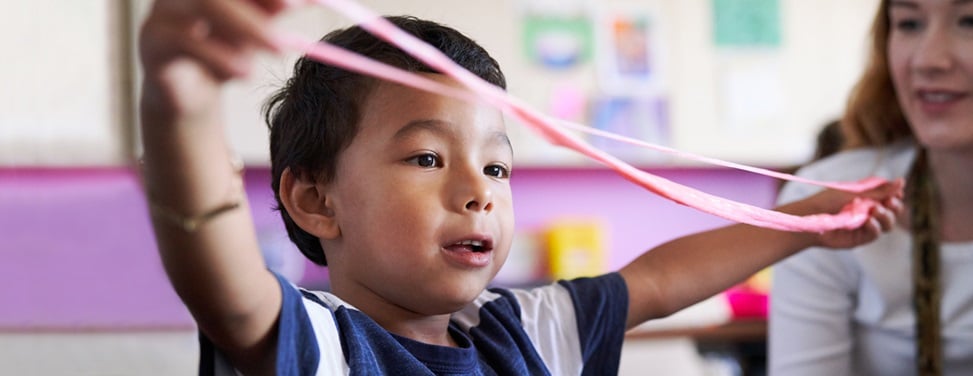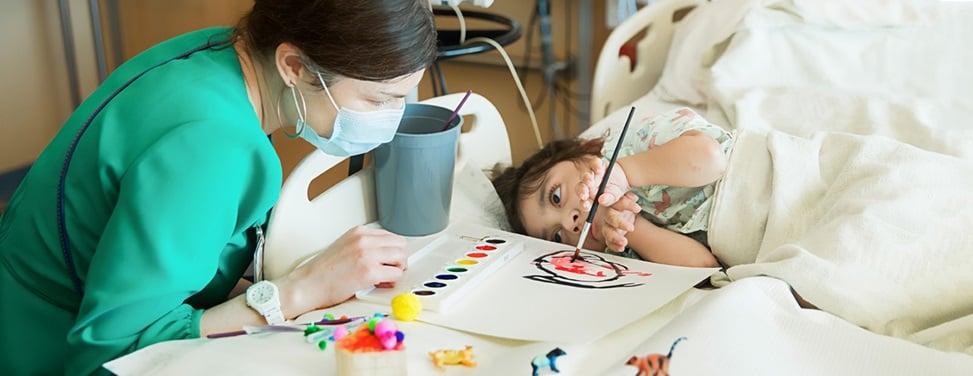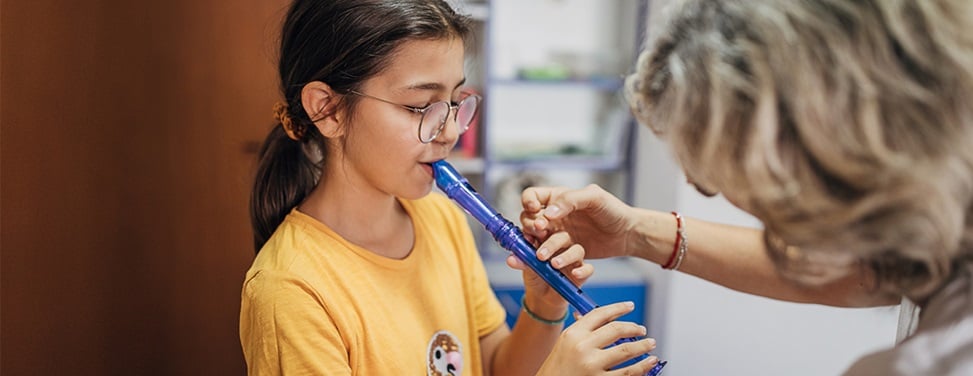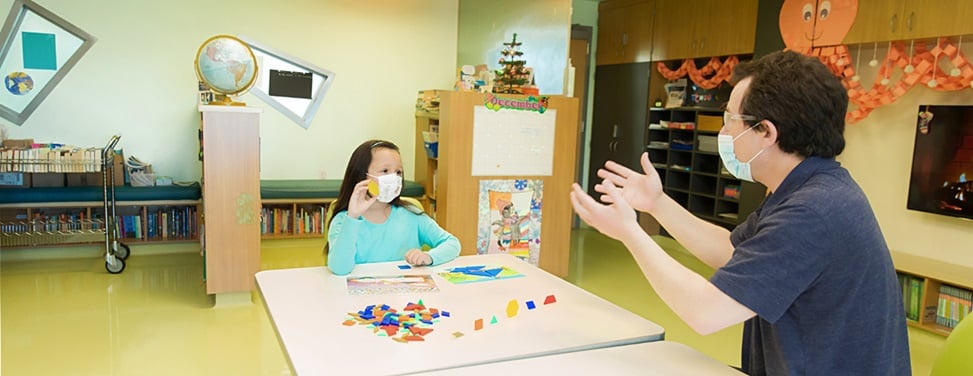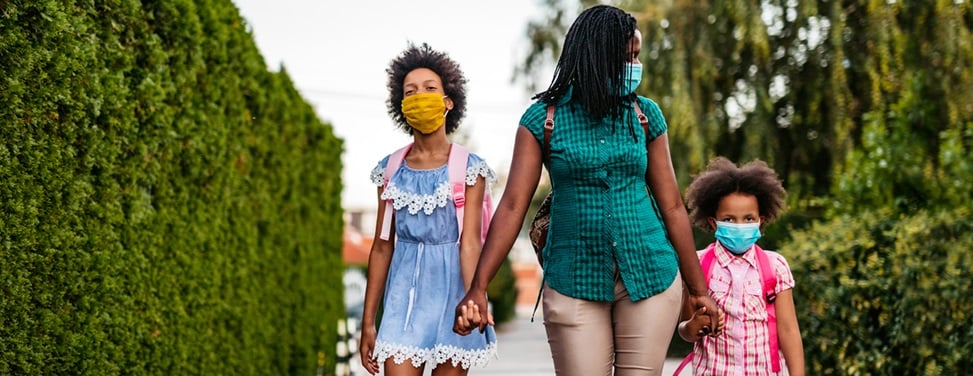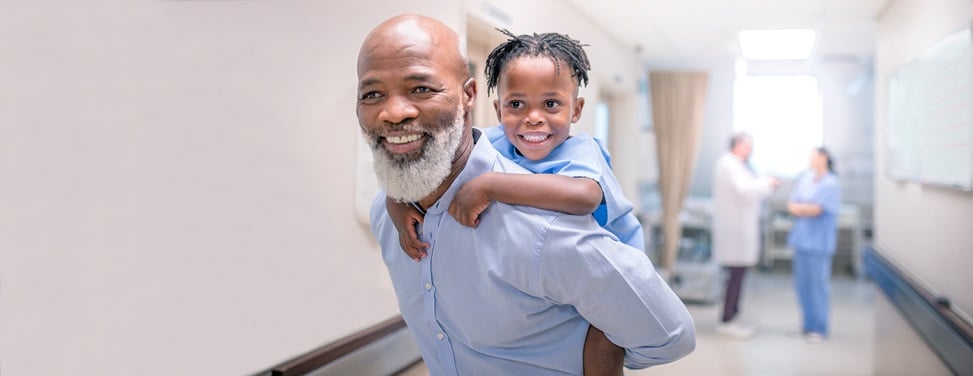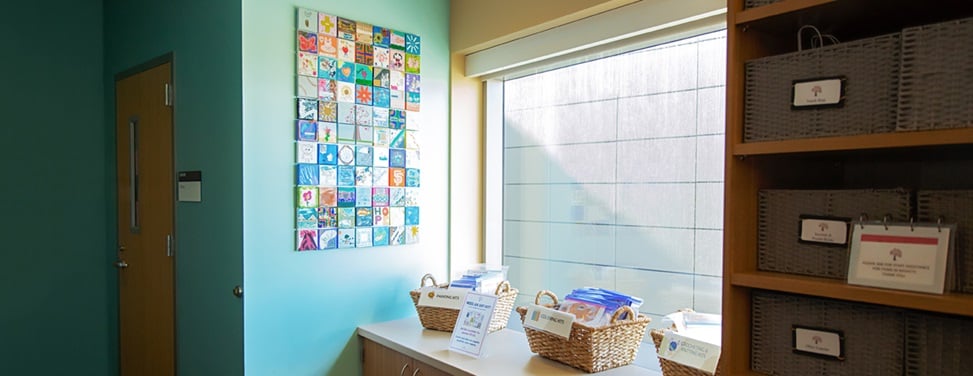
Solid Tumor Program
Our Pediatric Solid Tumor Program provides specialized evaluation, diagnosis and care for children, teens and young adults with solid tumors, including neuroblastoma, hepatoblastoma, bone and soft tissue sarcomas, Wilms' tumors and other cancers. We also care for patients whose cancers have relapsed. Our team is known globally for taking on rare and challenging cases.
At UCSF, we believe cancer therapy works best when it is tailored to each patient's disease. Every one of our patients is unique, and our program offers high-quality, targeted care that is precise, effective and compassionate. We evaluate patients using the most advanced diagnostic tools, including genetic tests developed here at UCSF and not offered at other hospitals. Our patients also have access to new treatments that aren't widely available or that are still being evaluated in clinical trials. We're the only hospital in Northern California that's a member of the Oncology Group Phase 1/Pilot Consortium, a small group of leading institutions tasked by the National Cancer Institute with developing new therapies for pediatric cancers.
Our team understands that cancer treatment is an intensely personal experience for each child and family. That's why we draw on the expertise of nurse practitioners, psychologists, social workers and child life specialists to ensure that you and your child receive the support you need. It's also why we strive to make as much of your child's care as possible happen close to home – through telehealth and collaboration with health care providers in your community.
Our locations (1)
Our team
-

Robert E. Goldsby
MD
Medical Oncology, Pediatric Medical Oncology -

Arun Rangaswami
MD
Pediatric Hematology, Pediatric Hematology Oncology -

Amit J. Sabnis
MD, MS
Pediatric Medical Oncology, Medical Oncology -

Alejandro Sweet-Cordero
MD
Hematology, Medical Oncology -

Kieuhoa T. Vo
MD
Hematology, Pediatric Medical Oncology -

Cynthia Burke
NP
Pediatric Medical Oncology -

Fabienne Hollinger
NP
Pediatric Medical Oncology
Awards & recognition
-
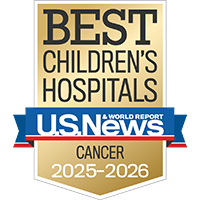
Top 10 in the nation and best in Northern California for cancer care
-

Ranked among the nation's best in 11 specialties
-

patients treated with MIBG therapy, a leading-edge neuroblastoma treatment
Plan your visit
What to Bring
- Photo I.D.
- Health insurance card
- Insurance authorization, if required
- Doctor's referral, if required
- Recent test results related to your child's condition
- List of medications, including dosages, plus any your child is allergic to
- List of questions you may have
- Device or paper for taking notes
Related clinics (7)

Precision Cancer Medicine Program
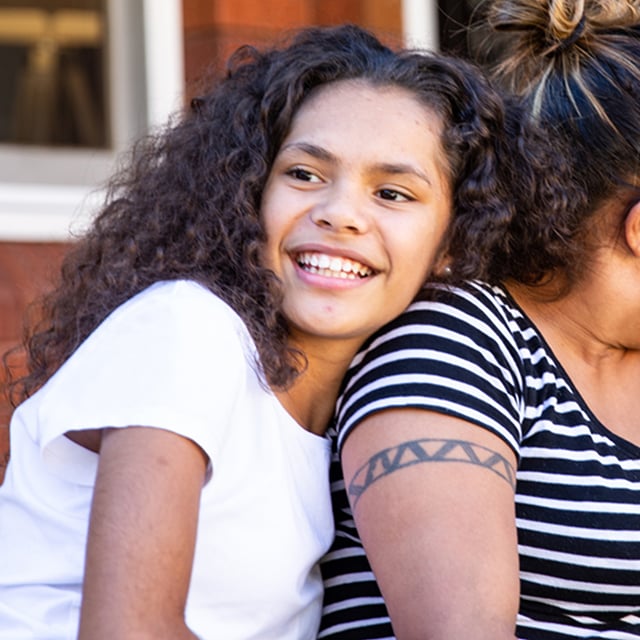 7
7
Hematology Clinic

Orthopedic Surgical Oncology Clinic
 3
3
Bone Marrow Transplant, Cellular and Gene Therapy Program
Support services
Clinical trials
Thoracotomy Versus Thoracoscopic Management of Pulmonary Metastases in Patients With Osteosarco...
Estimated four year thoracic event free survival (tEFS) where tEFS is calculated as the time from study enrollment. Any recurrence within the pulmonary parenchyma, involving the pleural surface or the drain/surgical site wound wil...
Recruiting
More about this studyProject: Every Child for Younger Patients With Cancer
The number of patients who agree to be in the Biobanking part of the study and have leftover tumor tissue and some normal blood, bone marrow, or other tissue saved for future research.
Recruiting
More about this studyTesting the Addition of 131I-MIBG or Lorlatinib to Intensive Therapy in People With High-Risk N...
EFS time is calculated from date of randomization or assignment to first episode of disease relapse or progression, second malignancy, or death, or until last contact if no event has occurred.
Recruiting
More about this studyTargeted Therapy Directed by Genetic Testing in Treating Patients With Locally Advanced or Adva...
Will be estimated over time and considered in relationship to changes in treatment trial cohort status (activations, suspensions, terminations).
Recruiting
More about this studyChemotherapy for the Treatment of Patients With Newly Diagnosed Very Low-Risk and Low Risk Fusi...
The Kaplan-Meier method will be used to estimate 3-year FFS along with 80% log-minus-log transformed confidence limits for very low risk (VLR) patients.
Recruiting
More about this studyA Study to Test the Addition of the Drug Cabozantinib to Chemotherapy in Patients With Newly Di...
Only patients with high risk osteosarcoma who have a primary tumor considered resectable at the time of enrollment will be enrolled to this part of the trial. If a feasible dose cannot be established, the study committee will cons...
Recruiting
More about this studyDinutuximab With Chemotherapy, Surgery and Stem Cell Transplantation for the Treatment of Child...
EFS time is calculated from time of randomization to Arms A or B to first episode of disease relapse or progression, second malignancy, or death, or until last contact if no event has occurred.
Recruiting
More about this studyTegavivint for the Treatment of Recurrent or Refractory Solid Tumors, Including Lymphomas and D...
The number of patients experiencing a cycle 1 dose limiting toxicity at least possibly attributable to tegavivint by study part and dose level.
Recruiting
More about this studyET140203 T Cells in Pediatric Subjects With Hepatoblastoma, HCN-NOS, or Hepatocellular Carcinom...
Safety of ET140203 T cells as assessed by the number of adverse events (AEs) after infusion
Recruiting
More about this studyCheckpoint Inhibition In Pediatric Hepatocellular Carcinoma
irRECIST criteria
Recruiting
More about this studyOur research initiatives
Staff superheroes
It’s a bird. It’s a plane. It’s a window washer! Dressed as a superhero to clean and brighten your day.































